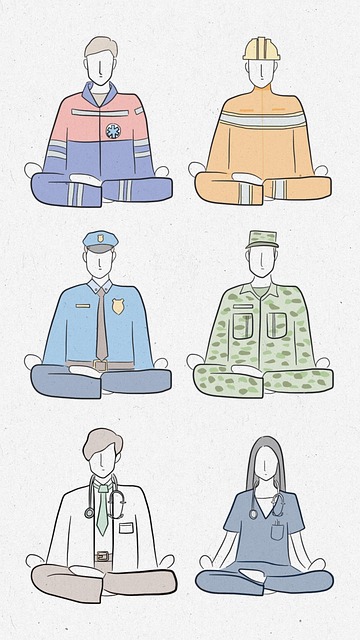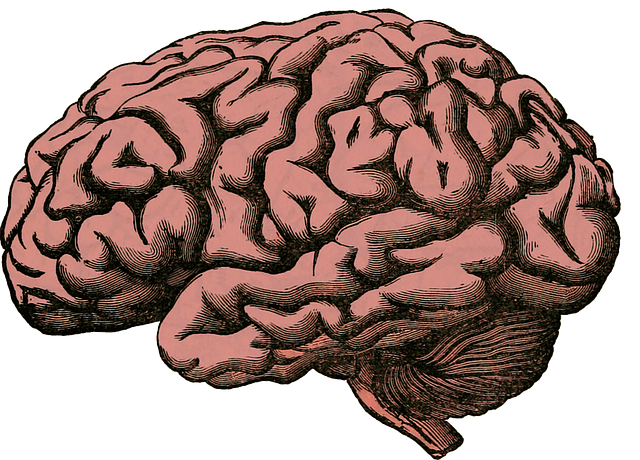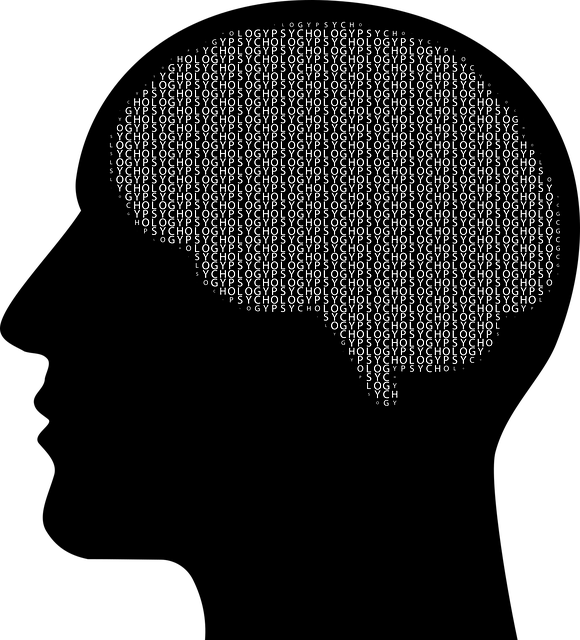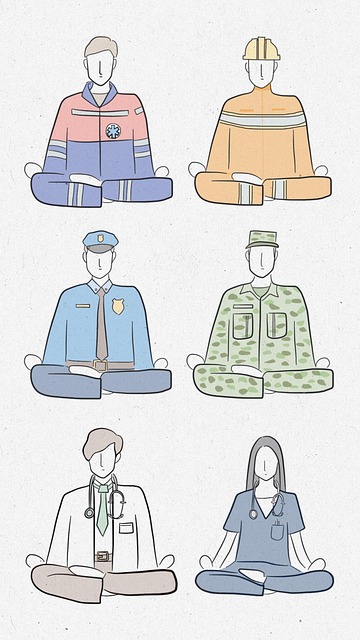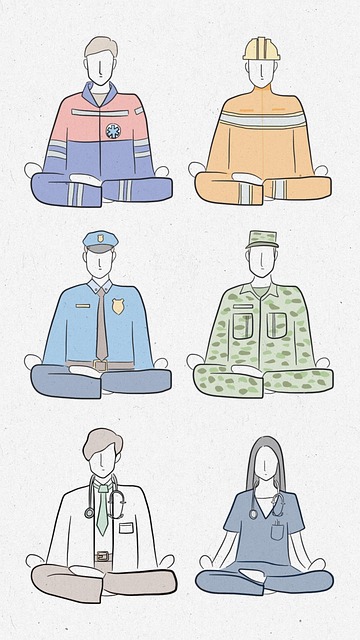Dissociative Disorder (DD) severely impacts an individual's identity and reality connection, affecting daily life and relationships. Specialized therapy for adults with DD focuses on cause exploration, emotional regulation, and stability rebuilding. Skilled healthcare providers create safe, effective treatment environments that consider diverse backgrounds. Key treatments include trauma addressing and identity connection promotion. Building resilience through CBT and EMDR therapies, along with stress management workshops, equips individuals to cope with stressors and interpersonal difficulties, enhancing adaptability and emotional regulation, leading to improved well-being.
Coping skills development is a crucial aspect of managing mental health conditions, especially dissociation. Understanding dissociative disorder and its impact is the first step towards building resilience. This article delves into effective coping strategies, focusing on therapy approaches tailored for adults with dissociative disorder. By exploring evidence-based techniques, individuals can enhance their ability to navigate life’s challenges, promote emotional stability, and improve overall well-being. Key topics include recognizing dissociation, cultivating present-moment awareness, and integrating trauma-informed therapy for lasting recovery.
- Understanding Dissociative Disorder and Its Impact
- Building Resilience: Essential Coping Skills
- Therapy Approaches for Effective Coping Skills Development in Adults
Understanding Dissociative Disorder and Its Impact

Dissociative Disorder (DD) is a complex mental health condition characterized by disruptions in an individual’s sense of identity and connection to their surroundings. It often involves episodes of detachment from reality, where individuals may experience a disconnect between their thoughts, feelings, and actions. This disorder can have severe implications for daily functioning, impacting relationships, work performance, and overall quality of life. Those affected may exhibit symptoms such as amnesia, altered perceptions, and a fragmented sense of self.
Therapy plays a pivotal role in managing DD, particularly through specialized approaches tailored to address its unique aspects. For adults struggling with dissociative symptoms, therapy can offer valuable tools for coping and rebuilding a sense of stability. The process often involves exploring the underlying causes, including potential traumatic events, and developing strategies to enhance emotional regulation and promote a stronger connection to one’s identity. Healthcare providers skilled in treating DD, especially those with cultural competency training, can foster a safe environment, considering the diverse cultural backgrounds and experiences that may influence an individual’s presentation of the disorder. Cultural sensitivity in mental healthcare practice ensures that treatment is accessible and effective for all.
Building Resilience: Essential Coping Skills

Building resilience is a cornerstone of coping skills development, especially for individuals navigating complex mental health challenges like dissociative disorder. Therapy for adults with dissociative disorders often emphasizes fostering adaptability and strength to face life’s stressors. This involves learning effective conflict resolution techniques that allow them to navigate interpersonal difficulties with healthier strategies.
Stress management workshops and trauma support services play a pivotal role in this process, providing tools to identify and manage triggers, regulate emotions, and cultivate a sense of safety. By integrating these coping mechanisms into daily life, individuals can enhance their ability to bounce back from setbacks and maintain stability, thereby improving overall well-being.
Therapy Approaches for Effective Coping Skills Development in Adults

For adults struggling with dissociative disorders or seeking to enhance their coping mechanisms, various therapeutic approaches offer effective paths to inner strength development. One prominent method is Cognitive Behavioral Therapy (CBT), which focuses on identifying and changing negative thought patterns and behaviors contributing to distress. CBT helps individuals manage symptoms of dissociation by teaching them to regulate emotions, improve concentration, and develop healthier coping strategies.
Additionally, Eye Movement Desensitization and Reprocessing (EMDR) therapy has proven beneficial for adults with dissociative disorders. EMDR facilitates the processing of traumatic memories, reducing their impact and associated dissociation. It encourages clients to focus on distressing memories while simultaneously engaging in bilateral stimulation, such as side-to-side eye movements or taps. This process helps desensitize individuals to traumatic events, fostering better emotional regulation and coping skills over time. Stress management workshops within organizations can also empower adults to develop resilience by offering practical tools for dealing with everyday stressors. These workshops often incorporate techniques from CBT and mindfulness practices to enhance overall well-being and prevent depression.
Coping skills development is a transformative process that can greatly benefit individuals living with dissociative disorder. By understanding dissociation and its impact, building resilience through essential coping skills, and exploring tailored therapy approaches like those offered for adults with dissociative disorder, individuals can navigate their experiences more effectively. Through dedicated practice, these strategies empower individuals to lead fulfilling lives, fostering a sense of control and well-being amidst the challenges they face. Effective therapy for adults with dissociative disorder is key to unlocking these transformative coping skills.



